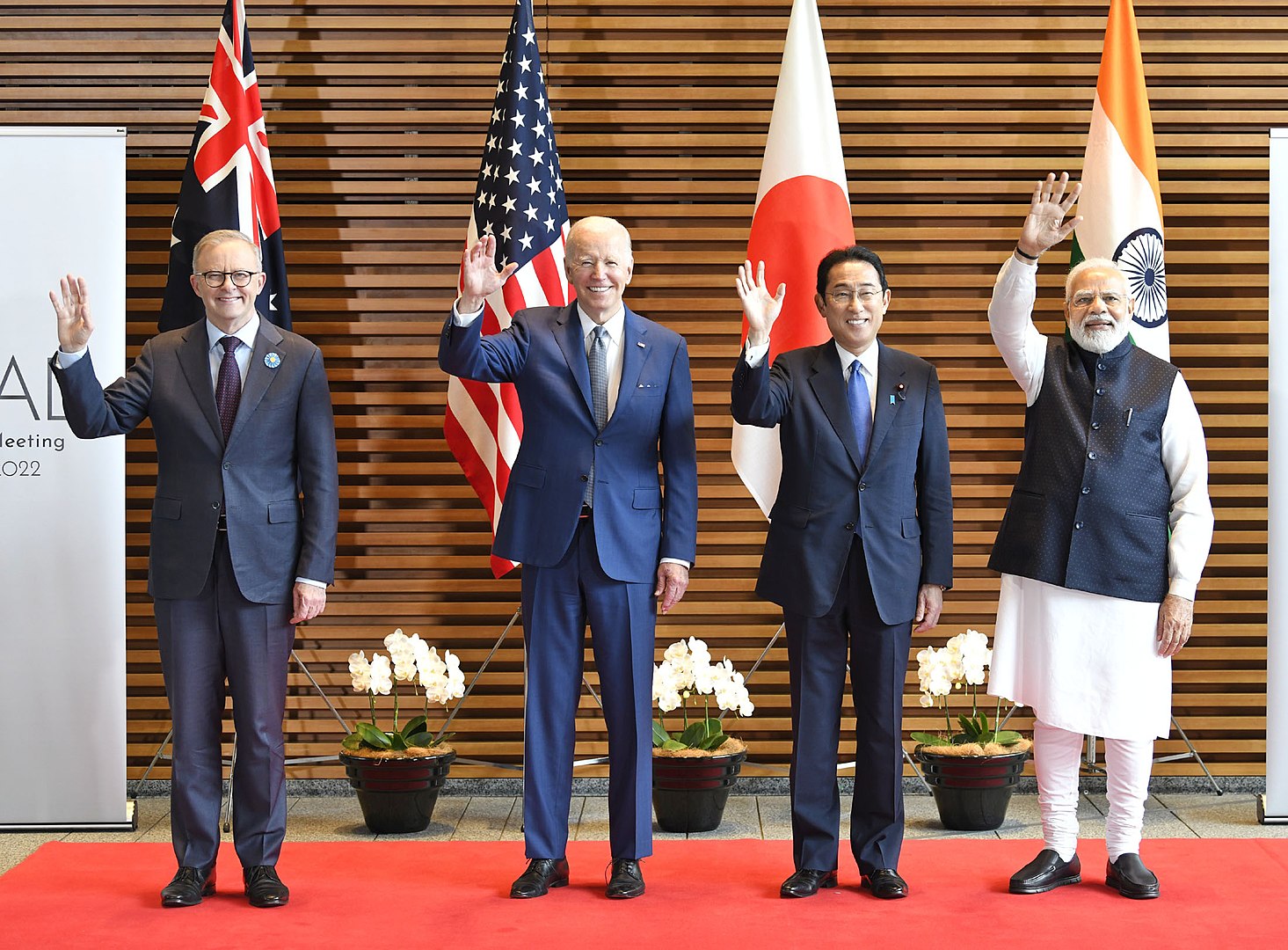President Biden has forced his administration yet again to walk back comments he has made about the US commitment to Taiwan’s independence.
During a press conference in Japan as part of a recent cross-Asian diplomatic visit, Biden was asked if the US would intervene militarily to defend Taiwan in case of a Chinese invasion, to which he answered “Yes. That’s the commitment we made”.
The official position of the United States is an acceptance of the One China Policy, that Taiwan is an inseparable part of China under its own governance.
Japanese Prime Minister Fumio Kishida, when asked about the Taiwan status quo, said this basic stance for Japan and the US remains “unchanged”. Biden later said that “we support the One China policy. We made a commitment”.
Moments later he seemingly doubled back on himself answering yes to the question of whether the US would intervene militarily against China. The White House later walked back this response, which the New York Post noted was the 3rd time in 9 months that White House press officials had to correct something Biden said about the Taiwan issue.
Last October during a CNN town hall Biden answered “yes, that’s the commitment we made” to the same question, and before that in August, responding to questions about NATO’s article 5, Biden added that it was the “same with Japan, same with South Korea, same with — Taiwan”.
Chinese Foreign Ministry spokesman Wang Wenbin said “China expresses strong dissatisfaction and firm opposition to the remarks by the US side. China has no room for compromise or concession. No one should underestimate the strong resolve, determination and capability of the Chinese people in safeguarding national sovereignty and territorial integrity”.
Our region
The press conference in Tokyo was just one stop in a series of 12 visits to Australia, Brunei, India, Indonesia, Japan, South Korea, Malaysia, New Zealand, Philippines, Singapore, Thailand, and Vietnam.
The tour was a victory lap for the new Indo-Pacific Economic Framework for Prosperity, (IPEF) a somewhat-economic-focused agreement brokered by the US Most of the limited information released about it is government-enforced political measures, and includes little about trade, investment, tariff removal, or entrepreneurship.
Of these culturally, developmentally, and politically disparate nations in the agreement, Biden referred to them as “our region,” saying “the future of the 21st Century economy is going to be largely written in the Indo-Pacific. Our region”.
While the IPEF does not exclude any particular nation, it’s seen as an attempt to replace these countries’ reliance on trade with China, who represents many of those nations’ largest trading partner. The White House believes Beijing engages in practices that are unethical, and which would be blocked under the IPEF measures; making it a de-facto exclusionary agreement.
“The key to Asia-Pacific success is win-win cooperation, not zero-sum confrontation,” Wang Wenbin said of the IPEF, after noting that China believes international agreements like the IPEF are a good thing.
“The Asia-Pacific should become the pacesetter of peace and development, not the arena of geopolitics. All kinds of conspiracies that attempt to create camp politics, build an Asia-Pacific version of NATO and wage a new Cold War in the Asia-Pacific region are doomed to fail”.
Writing for The Diplomat Zenel Garcia described the IPEF as something a bit antiquated.
“On one hand, it recognizes the political, economic, and social dynamics that increasingly tie the polities of the Pacific and Indian Oceans, which has turned the region into the driver of the global economy,” Garcia wrote in March.
“On the other hand, US strategy and policy toward the region rely on decades-old assumptions about trade, norms, and regional politics that are unsuited for today’s environment. In other words, the reality of the region’s plurality and transformation is clashing with Washington’s status quo politics”. WaL
We Humbly Ask For Your Support—Follow the link here to see all the ways, monetary and non-monetary.
PICTURED ABOVE: Japanese President Fumio Kishida meeting with Joe Biden as part of Biden’s Indo Pacific trip. PC Prime Minister’s Office of India, GODL India License.



